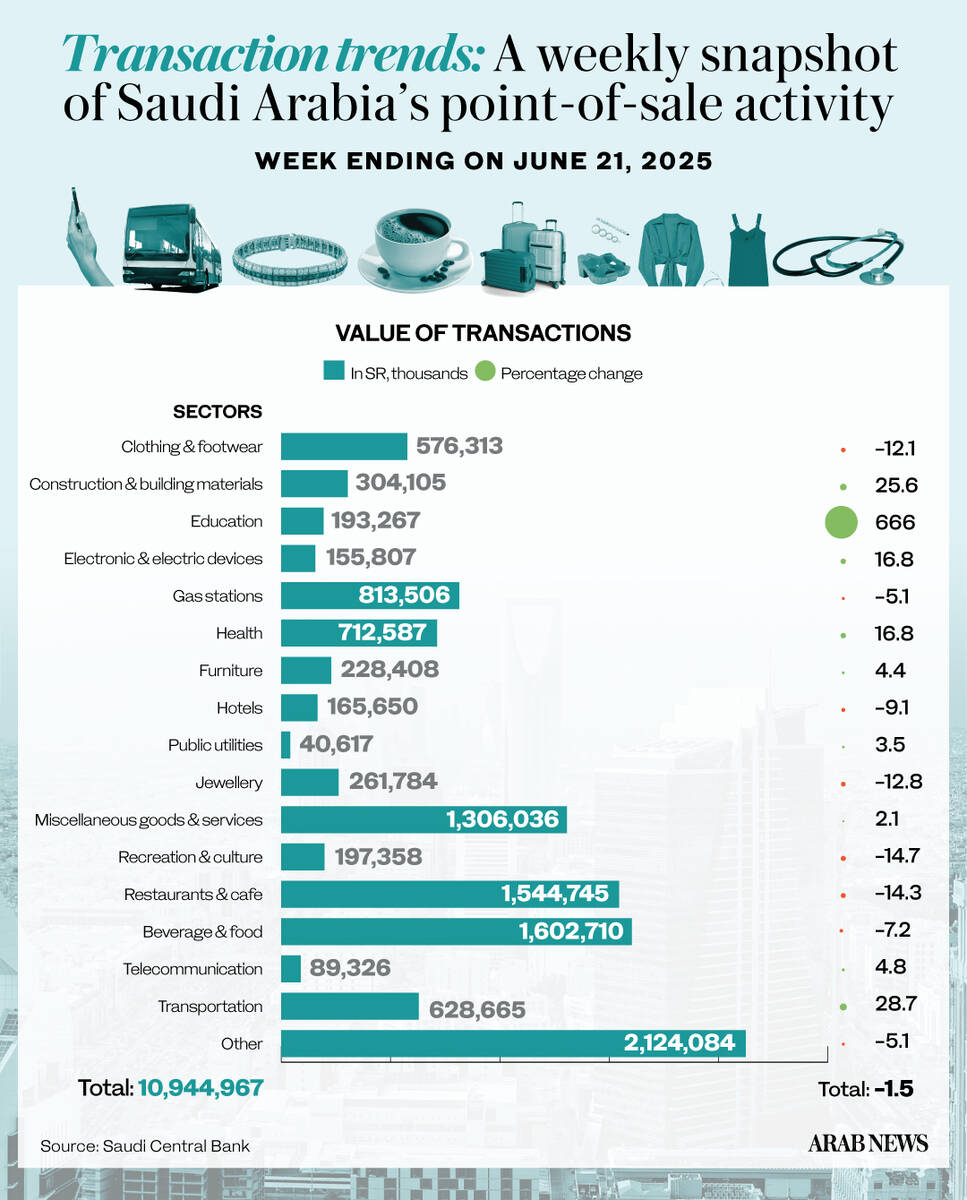RIYADH: New development projects in Turkiye, Turkmenistan and Suriname will receive a significant boost with a $368.98 million financing package sanctioned by the Islamic Development Bank.
The financing includes $165 million to enhance inclusive, equitable and quality education in Turkiye.
Another $156.3 million will support Turkmenistan in improving access to high-quality oncology services. Additionally, $47.68 million has been earmarked to bolster Suriname’s power transmission and distribution network, according to a statement.
Approved by IsDB President and Group Chairman Mohammed Al-Jasser, the financing aligns with the organization’s mission to promote comprehensive human development, focusing on priority areas such as alleviating poverty, improving health, promoting education, enhancing governance and fostering prosperity.
The projects aim to foster sustainable development and socio-economic growth across IsDB member countries.
Al-Jasser highlighted the impact of the financing in improving transportation, health, education and energy.
The education-focused Turkiye project will see the construction and operationalization of green, resilient and sustainable schools in earthquake-affected and earthquake-prone areas.
It includes the construction of 33 schools, adding 808 classrooms and benefiting 24,640 students per year, enhancing disaster resilience for more than 319,206 people.
Three oncology centers will be built in Turkmenistan and healthcare providers will be trained.
The project will improve cancer treatment for 11,750 patients annually, significantly reducing cancer incidence and mortality rates.
The construction of power transmission and distribution networks in Suriname aims to eliminate bottlenecks, boost capacity and improve system performance.
It will connect 4,350 new households and 470 commercial units to the grid, meeting increasing national electricity demand and ensuring reliable power supply.
In March, energy and infrastructure projects in Nigeria and Malaysia received a funding boost following the approval of $225 million in IsDB financing.
The developments focused on socio-economic progress and sustainability across key sectors.
Nigeria was provided with a $125 million financing package supporting the Abia State Integrated Infrastructure Development Project.
The second package targeted the Pengerang Energy Complex in Malaysia with a $100 million investment under the bank’s public-private partnership program.































